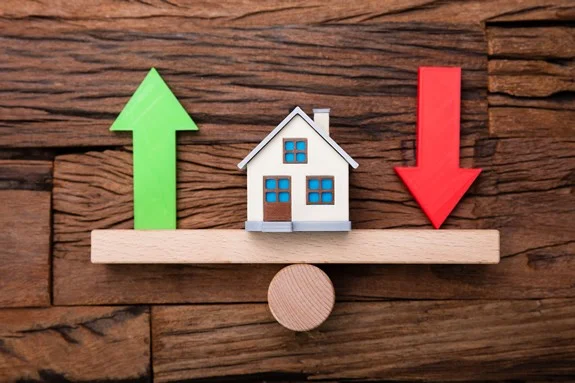Secured and Unsecured Debt Consolidation Loans: Which is better?

A competitive debt consolidation loan has the potential to save an individual with multiple debts time, money, and hassle. Particularly if their existing debts have elevated rates of interest and excessive borrowing costs, consolidation can represent a real lifeline.
But which of the two main options available, secured and unsecured consolidation loans, is the better choice? More importantly, in what circumstances would it be advisable to consider using a consolidation loan to repay debt?
What kinds of debt can be consolidated?
Consolidation loans can be used to pay off almost all types of loans and outgoings.
- Overdrafts from banks
- Outstanding credit card debts
- Arrears on personal loans
- Payday loan balances
- Store cards and credit facilities
Where multiple debts are making it difficult to keep up with your monthly repayments, a consolidation loan can simplify your financial life and reduce your overall outgoings.
Do debt consolidation loans result in negative credit?
The answer depends entirely on the nature of the credit facility you take out. There are some specialist consolidation loans that can adversely impact the credit score of the applicant. Simply by applying for a debt consolidation loan, your credit history may be impacted.
However, there are also various specialist-secured consolidation loans that have no impact whatsoever on the applicant’s credit history. It is therefore important to carefully discuss the various options available with your broker before submitting your application.
How do secured debt consolidation loans work?
A secured debt consolidation loan works similarly to a mortgage, in that it is secured against your home or other qualifying assets. As the loan is secured, it is considered a lower-risk facility on the part of the lender, ultimately resulting in more competitive rates of interest and flexible repayment terms.
In addition, secured debt consolidation loans are typically available in much higher sums than unsecured consolidation loans.
The major risk attached to a secured loan is that you will forfeit your property if you fail to keep up with your agreed repayments.
How do unsecured debt consolidation loans work?
An unsecured debt consolidation loan is issued purely on the basis of merit, with no security required. This means credit checks are done that include your earnings, employment status, and general financial position.
The benefit of an unsecured loan is that you do not need security, nor are you at risk of losing your home if you fall behind on your repayments.
However, unsecured debt consolidation loans are considered higher risk for the lender, therefore they are not typically issued in sums of more than £15,000 and may have less competitive rates of interest.
Which debt consolidation loan is best?
Choosing the most appropriate debt consolidation product means first discussing all available options with your broker. Suitability will be determined by how much you need to borrow, your preferred repayment period, your financial status, your credit history, and whether you have qualifying assets available.
After which, a complete market comparison can be performed on your behalf in order to ensure you get the best possible deal.
For more information on any of the above or to discuss your requirements in more detail, contact a member of the team at UK Property Finance today.
